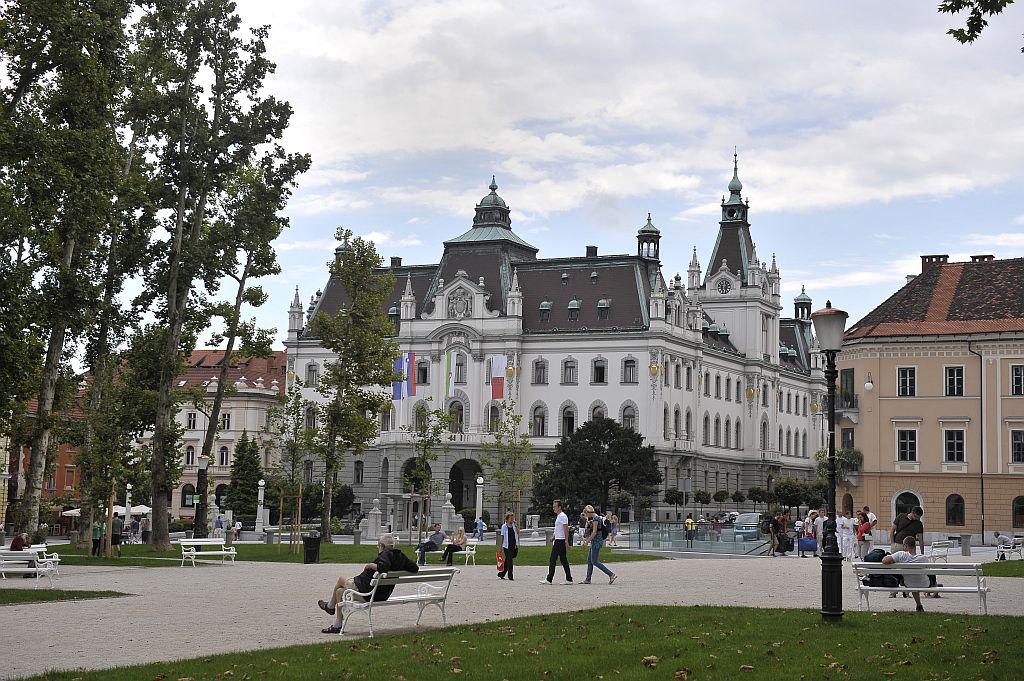
In the early 19th century, Ljubljana was a small Hapsburg town of around 20,000 people. For a few months in 1821, however, heads of state from around Europe briefly made Ljubljana the center of international politics and diplomacy.
Between January and May of that year, Ljubljana was the venue for the second congress of the Holy Alliance, which united most European powers under a common cause. The continent’s royalty were increasingly under threat from burgeoning revolutionary movements and they came together to discuss their future political and military strategy. Some 630 prominent guests took part in the congress, which was headed by Austrian Foreign Minister Klemens von Metternich. Various political representatives, including heads of state and their entourages, filled the town’s inns and guesthouses; they were accompanied by almost 300 soldiers brought in to maintain security.
Ljubljana was not chosen by chance. Organizers were concerned that holding the event in a larger city could end up giving that city undue political prominence. They also knew that diplomats in provincial Ljubljana wouldn’t face too many distractions and would be better able to focus on the work at hand.
Ljubljana did turn out to be the perfect venue, and the congress proceeded without a hitch. The Holy Alliance was created to preserve the status quo, which was being threatened by a newly assertive middle class, and the Congress of Ljubljana (or Laibach, as the town was known in German) gave Austria the authorization to crush an attempted revolution in Naples. Representatives of Europe’s kings and princes, concerned about their own futures, also officially condemned an uprising against the Ottomans in what is now Romania.
The congress wasn’t all business, however. Despite its small size, Ljubljana hosted a number of dances, operas, and other festivities to entertain the high guests. The Austrian Emperor celebrated his birthday in Ljubljana, and during Easter, Europe’s monarchs gathered in the town for a commemorative mass.
The legacy of the congress lived on even after the high guests had departed. Ljubljana was thoroughly prettified for the event – façades were renovated and many roads were paved. A new square was even built in the heart of town – it is still around and is known as the Congress Square (Kongresni trg). Other names also recall the historic gathering: roads, districts, and inns, including Bavarian Court (Bavarski dvor), the Road of the Two Emperors (Cesta dveh cesarjev), and the Russian Emperor (Ruski car) were named after some of the prominent visitors of 1821.
In 2001, when George W. Bush and Vladimir Putin decided to hold their first meeting in Ljubljana, the city once again became the focus of the world’s attention. As a small, low-key capital of a new country, it was chosen to host the historic event for some of the same reasons it had hosted the Holy Alliance. And when the world’s media descended on the town, some of its proud residents recalled the time when the world first came to Ljubljana 180 years earlier.

































































